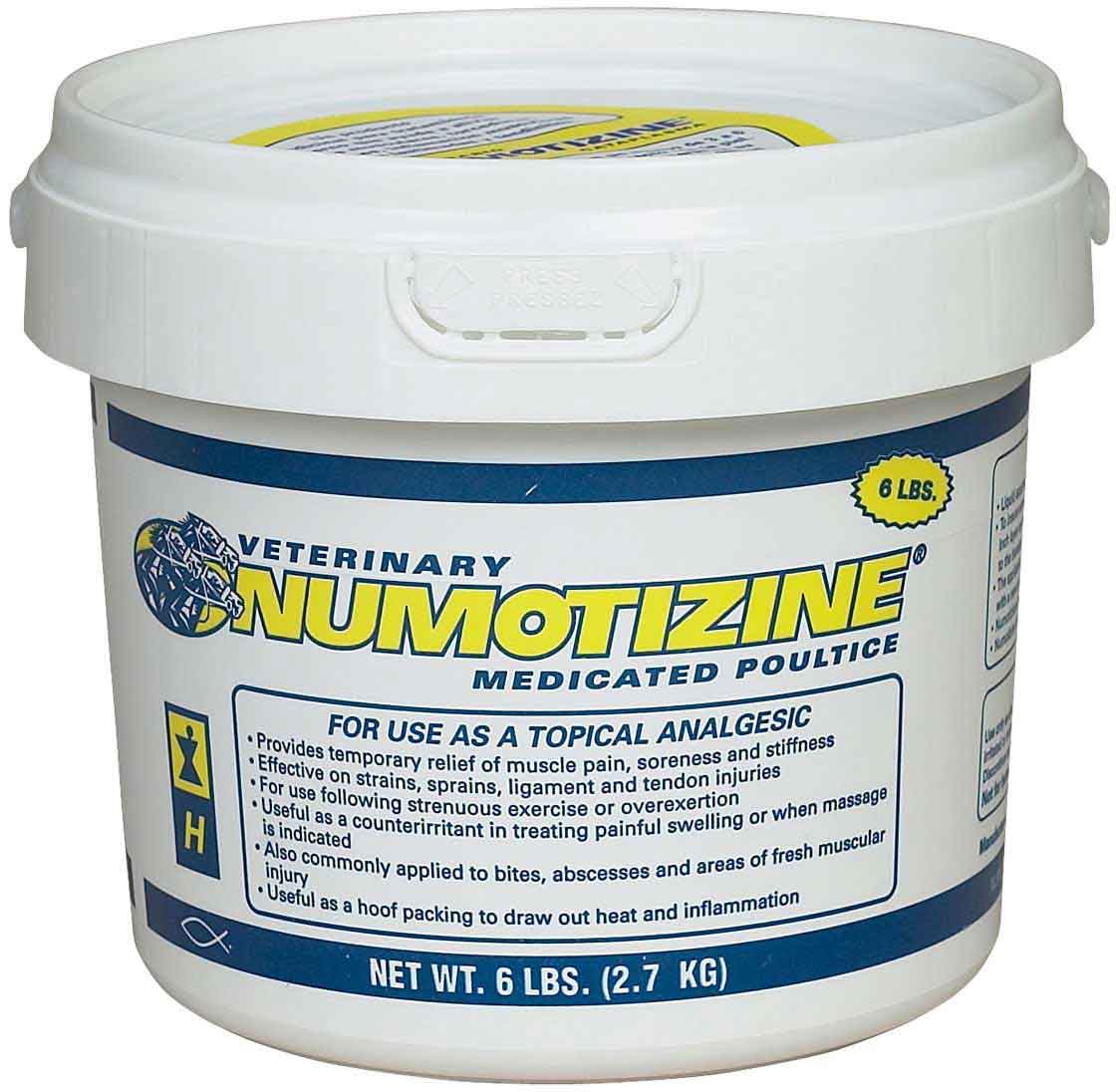Why Routine Testing Protects Your Pet’s Well-Being
Why Routine Testing Protects Your Pet’s Well-Being
Blog Article
Dogs and cats bring joy to our homes, and caring for their needs requires effort. Veterinary diagnostic services are key components in monitoring wellness for domestic pets.
This article, we’ll examine the importance of veterinary labs and outline essential tests.
What Are Veterinary Labs?
Diagnostic labs for pets are specialized centers for identifying medical conditions. Vets rely on their findings to ensure timely interventions.

How tests are conducted usually includes:
- Gathering biological samples: Biological materials are prepared for analysis.
- Sample examination: Specialized tools and methods deliver diagnostic insights.
- Diagnostic reports: Labs share results with veterinarians for your pet’s benefit.
Common Veterinary Tests for Dogs and Cats
A variety of tests are available for pets to prevent serious conditions. Common exams include:
- Complete blood counts (CBC): Detect anemia or chronic conditions.
- Urinary health exams: Check for diabetes.
- Gut health screenings: Ensure proper nutrient absorption.
- Dermatological diagnostics: Improve coat health.
- X-rays and ultrasounds: Evaluate bone and joint health.
laboratorio de microbiologia veterinaria
laboratório de análises clínicas veterinária
How Testing Supports Pet Health
Frequent health checks improves pet care. By identifying issues early, you save on emergency costs.

Why diagnostics matter include:
- Effective treatments: Health problems are minimized.
- Saving on future treatments: Small problems are treated before they escalate.
- Assurance about pet health: Manage concerns proactively.
Conclusion: Veterinary Labs as a Cornerstone of Pet Health
Animal diagnostic centers are vital for protecting the health of dogs and cats. With regular lab evaluations, you protect their well-being.
Talk to your vet about testing today and support their wellness every step of the way!
Report this page